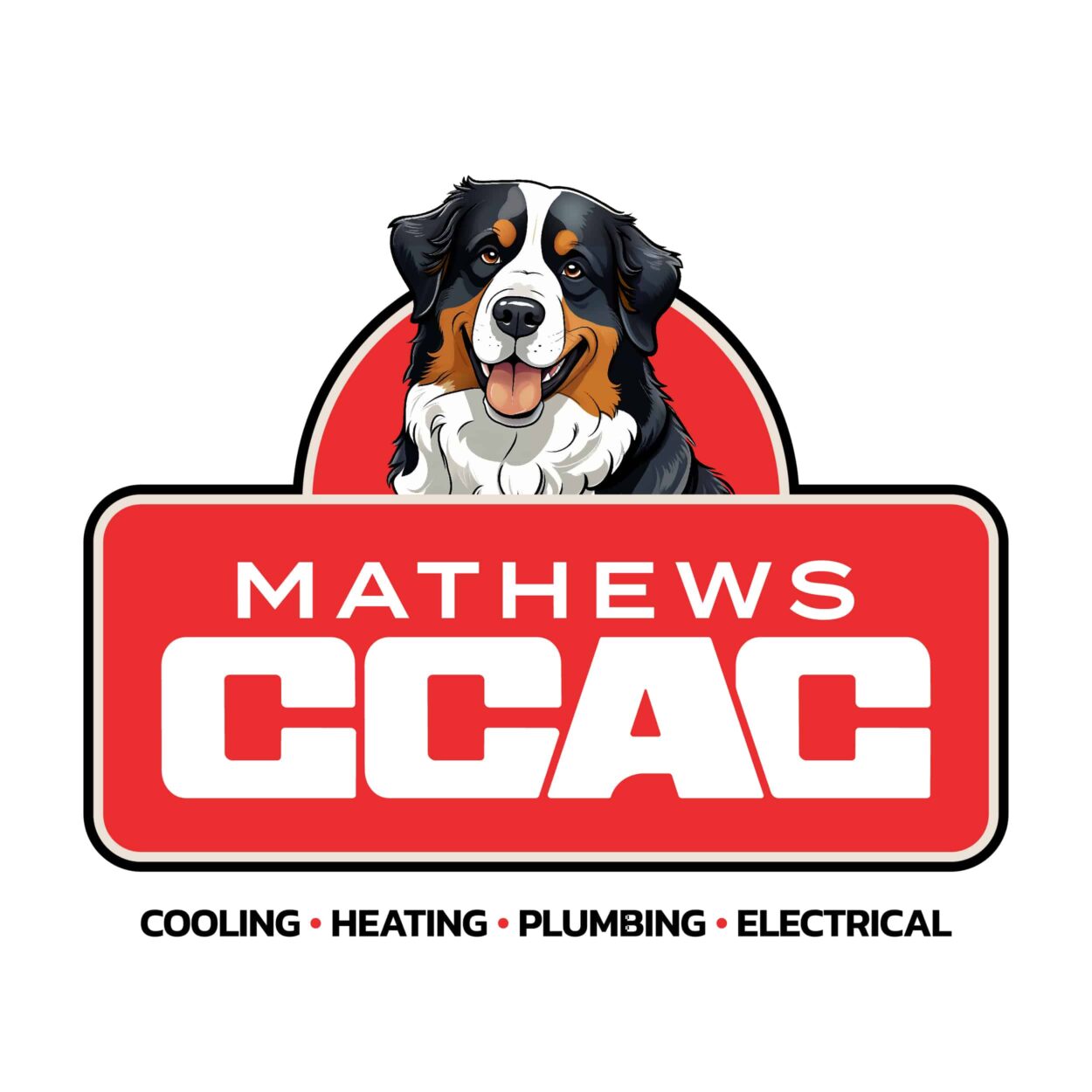
- Energy efficiency. The most important thing to consider is how much heat your furnace will give you, for how much energy. Check the Annual Fuel Utilization Efficiency (AFUE) rating, which will tell you what percentage of fuel is used as heat rather than given off as exhaust. The higher the AFUE rating, the better.
- Sizing. The bigger the furnace, the better it will heat your home, right? Wrong. Your furnace must be properly sized for your house. If it’s too small, it will be overworked, wasting energy and prematurely wearing out the unit. If it’s too big, it’ll cycle on and off too frequently, wearing out the system early and causing disparate temperatures from room to room. Have an HVAC professional help you calculate the proper size of a new furnace before purchasing one.
- Fuel. Do you want a gas, oil or electric furnace? Gas is clean and comparatively inexpensive, particularly when temperatures drop below freezing. If you don’t have a gas line to your home, you can use oil. It heats well but it costs more, requires a significantly larger unit and doesn’t burn as cleanly. You can also choose electric, which is clean but much more expensive when it comes to energy bills.
- Zoned heating. For a large home, particularly one with multiple levels, zoning can save energy while ensuring that everyone stays comfortable. It divides your home into zones based on heating and cooling needs and puts a separate thermostat in each zone. If it’s getting too warm upstairs, the zoning system diverts heat from upstairs to the cooler downstairs area.
For more advice on purchasing a new furnace for your home, contact the experts at Mathews CCAC Air Conditioning today.
Our goal is to help educate our customers in Corpus Christi, Texas about energy and home comfort issues (specific to HVAC systems).
Credit/Copyright Attribution: “Artkwin/Shutterstock”












